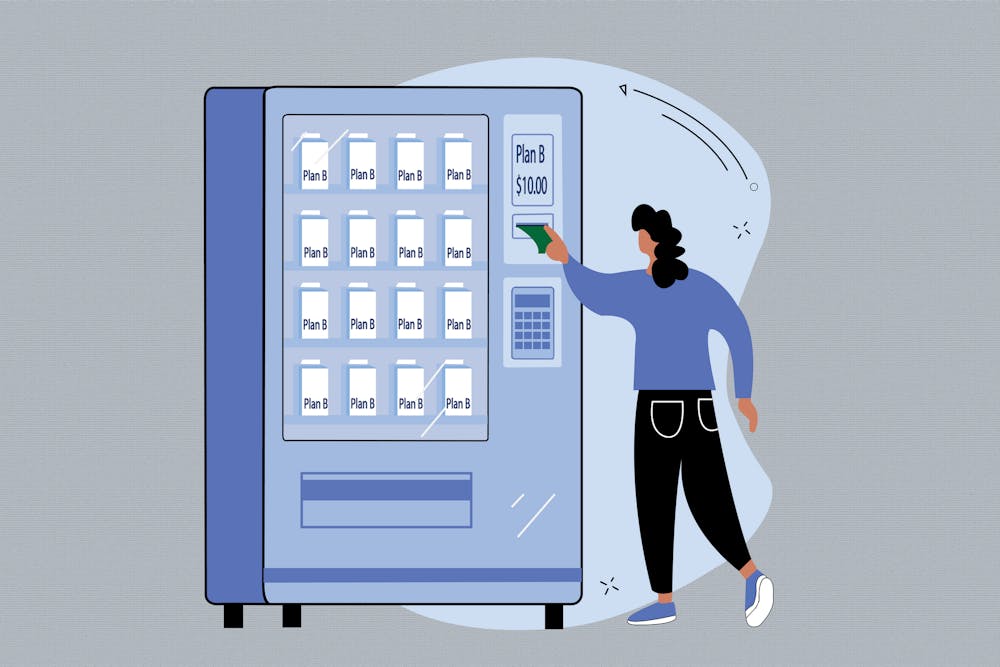UNC junior Laura Saavedra Forero said she is willing to put things on hold to make time-sensitive deliveries across campus of emergency contraceptive pills, which should be taken as soon as possible after unprotected sex to prevent pregnancy.
A former co-president of the Campus Y, Saavedra Forero receives texts from students seeking free emergency contraception pills at a phone number posted on the Campus Y’s Instagram. After an individual reaches out, she said she coordinates a drop-off that meets any needs the person may have, whether that is anonymity or leaving the package at a specific location.
Project goal
Saavedra Forero said the emergency contraceptive pill distribution project started in the 2022-23 academic year as a very personal thing, which she operated and publicized mostly through word of mouth.
The initiative is now incorporated as part of a larger mutual aid effort based out of the Campus Y that includes a pantry stocked with non-perishable food items located on the third floor of the Campus Y building. Free condoms and menstrual products are also made available in the third-floor bathroom.
Saavedra Forero said recent abortion bans fill her with the rage necessary to continue doing the distribution work.
“College campuses are especially an important place where we need to make sure that we have different things that promote sexual health and being safe and enhance reproductive justice as a whole,” she said.
Saavedra Forero also said there was initially hesitancy surrounding the initiative, especially concerning the response by the University's administration.
“Which is why I kind of took it upon myself to do it, knowing that if there was any retaliation, I would deal with that,” she said.




